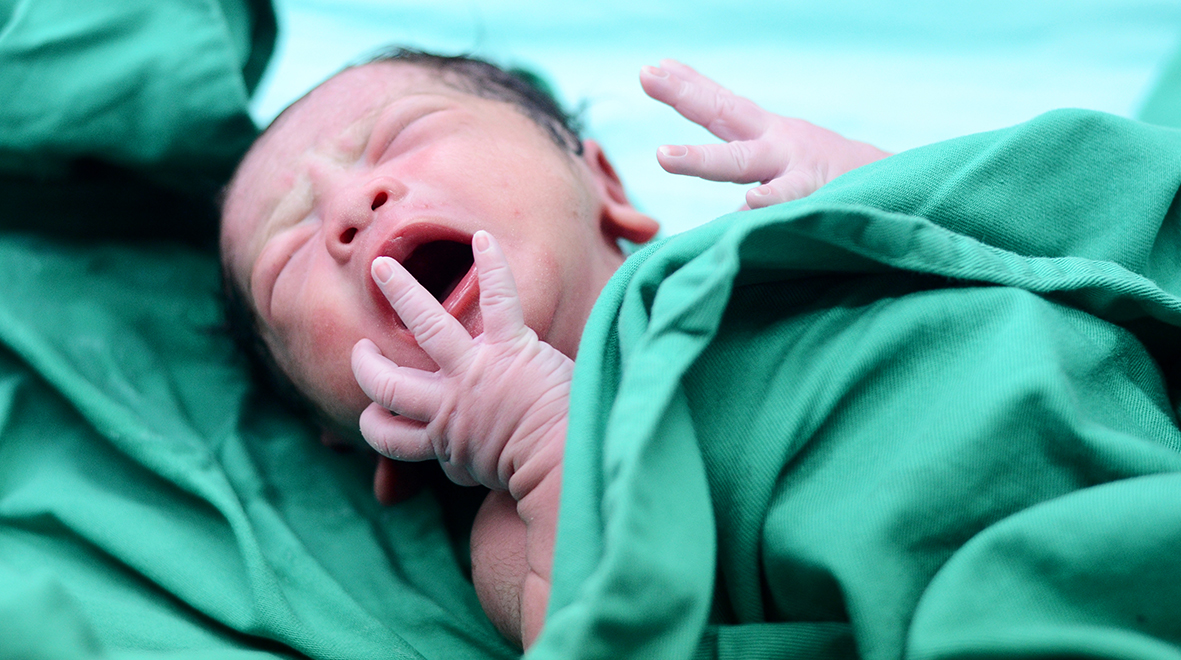
When a young patient’s life hangs in the balance, the last thing on the minds of stressed parents, families and patients would be to get involved in research. Or is it? Despite the turmoil, some brave families and children have volunteered to support clinicians in their research by taking part. Dr Padmanabhan Ramnarayan, Clinical Reader in Paediatric Critical Care in the Department of Surgery and Cancer and Honorary Consultant in Paediatric Intensive Care at Imperial College Healthcare NHS Trust and West London Children’s Healthcare, explains why.
I have been a children’s intensive care doctor for over 20 years, and for most of that time, I have been leading research that has involved critically ill children. My patients are young, their parents and families are super-stressed, and most of the treatments are given in an emergency – all of which seem like perfectly valid reasons to not involve sick children in research. Despite this, my experience is that parents and families are overwhelmingly in support of research. Why?
The evidence gap
Since children’s intensive care is a young speciality, much of our practice is ‘borrowed’ from adult intensive care or newborn intensive care. This is not ideal because our patients range from birth to 18 years of age, with diseases as diverse as asthma, respiratory infections, accidents and trauma, sepsis and brain injury. Without high-quality research to guide care, the treatments provided to sick children may not be the best or the most effective. Doctors and nurses, and parents and families, understand this. By agreeing to include their children in research studies, parents want to improve the care provided to future patients.

